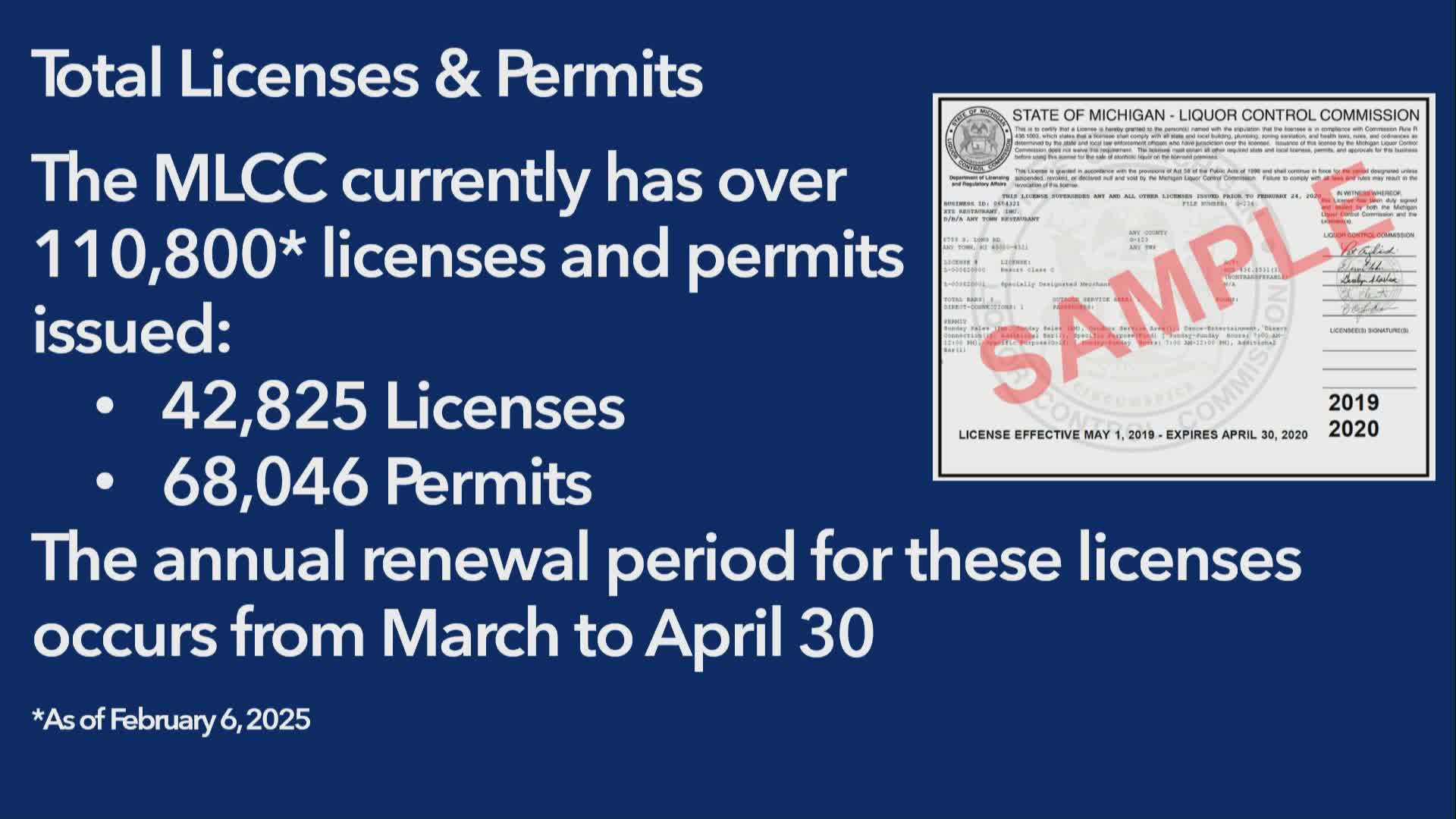Michigan MLCC reports over 18,000 license renewals amid ongoing permit processing
April 24, 2025 | Appropriations - Licensing and Regulatory Affairs, Insurance and Financial Services , Appropriations, House of Representative, Committees , Legislative, Michigan
Thanks to Scribe from Workplace AI , all articles about Michigan are free for you to enjoy throughout 2025!

This article was created by AI using a video recording of the meeting. It summarizes the key points discussed, but for full details and context, please refer to the video of the full meeting. Link to Full Meeting
David, a representative from the Michigan Liquor Control Commission (MLCC), reported that the renewal process for 22,000 individual licenses is well underway, with over 18,000 already completed through an efficient online system. This digital approach has significantly reduced the manual workload for staff, allowing for quicker processing and improved service delivery. The ability for licensees to print their own licenses directly from their locations has further streamlined operations, minimizing delays associated with mailing.
Carrie, another official, emphasized the economic impact of the licensing system, noting that over 9,000 special licenses are issued for events and festivals, which benefit local communities and businesses. The MLCC also manages a substantial volume of alcohol sales, with over 10 million cases sold annually, contributing approximately $2 billion in revenue. This revenue is crucial for funding various state programs, including education and public safety initiatives.
The meeting also addressed the importance of maintaining sales levels in a fluctuating market. Despite a slight decline in sales trends for the current fiscal year, officials expressed optimism about the state’s ability to adapt and innovate in response to market demands. Changes in product offerings and a proactive delisting policy have been implemented to sustain sales and support local businesses.
In terms of budget and staffing, the MLCC is currently operating with 131 personnel, with plans to fill additional vacancies to enhance operational efficiency. The committee discussed a request for funding to support two additional full-time employees, which would bring staffing levels closer to the authorized limit of 150.
Overall, the discussions underscored the critical role of licensing and regulatory affairs in supporting Michigan's economy and ensuring compliance within the alcohol industry. As the renewal process concludes, officials remain focused on optimizing operations and addressing the needs of both licensees and the communities they serve. The meeting concluded with a commitment to continue monitoring sales trends and exploring innovative solutions to enhance the state's regulatory framework.
Converted from Appropriations - Licensing and Regulatory Affairs and Insurance and Financial Services | Thursday, April 24, 2025 meeting on April 24, 2025
Link to Full Meeting
Comments
View full meeting
This article is based on a recent meeting—watch the full video and explore the complete transcript for deeper insights into the discussion.
View full meeting
